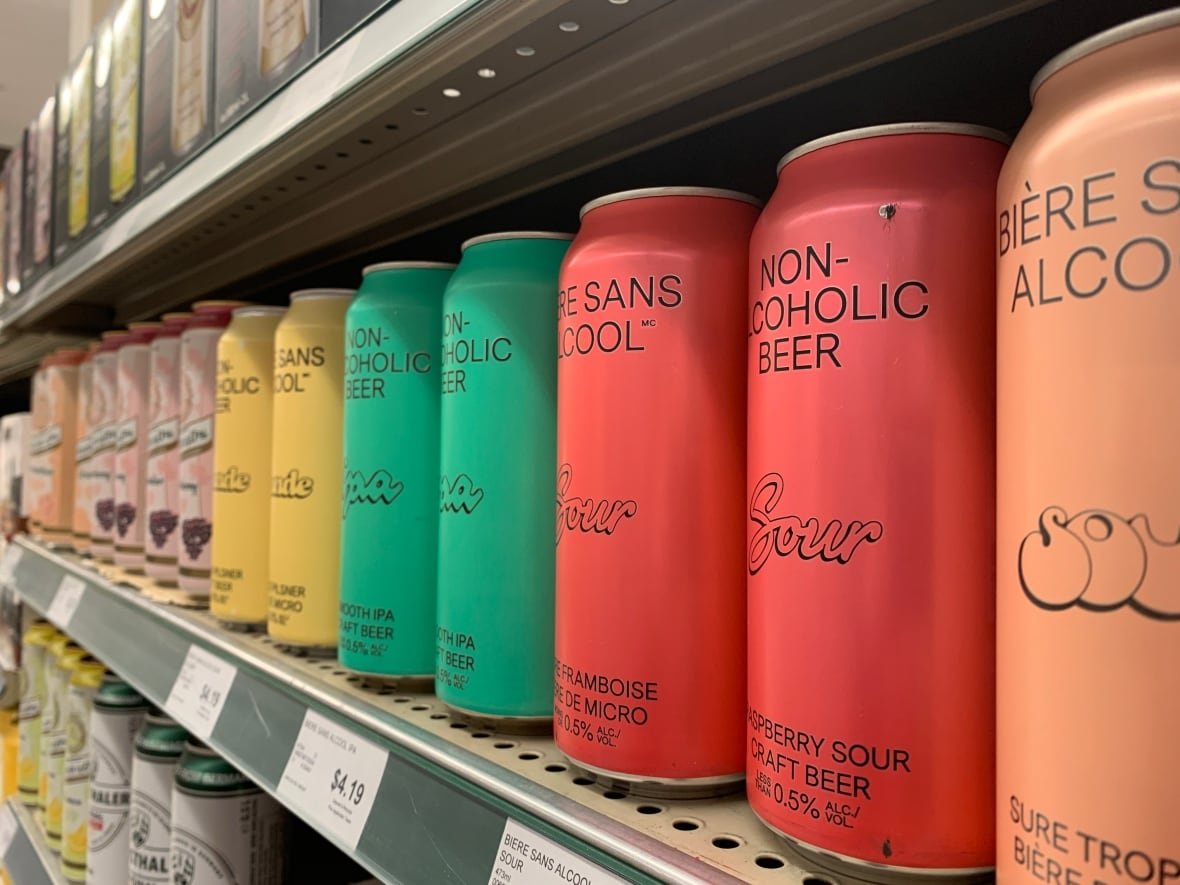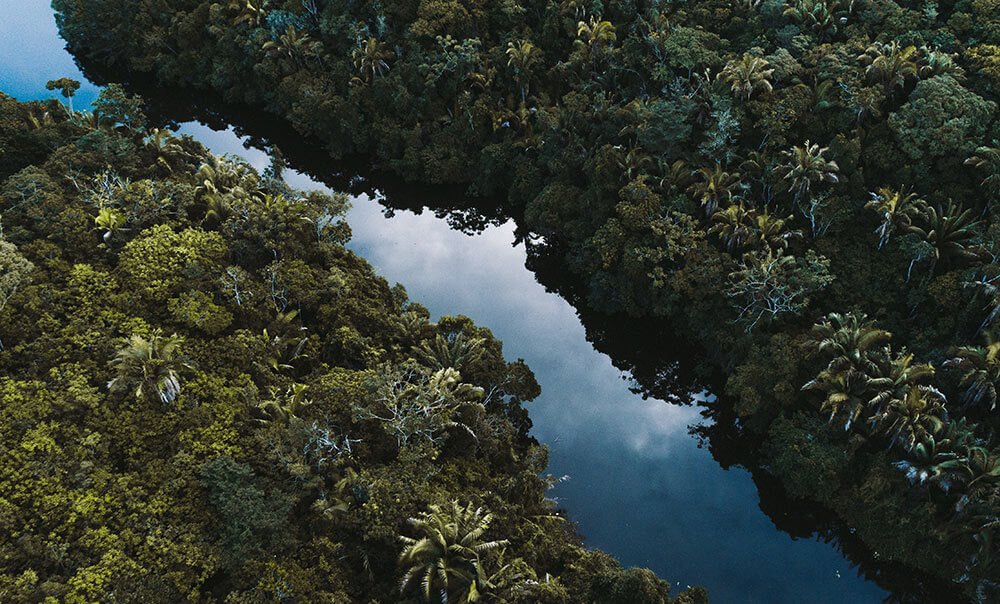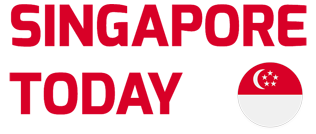Growing up, writer and filmmaker Jordan Kawchuk admired writers, jazz musicians and Hollywood stars — especially the ones you’d see in films standing at a bar with a martini in hand.
The desire to be just like them gave him reason to drink, and often.
“I thought my drinking was noble because I wasn’t drinking at a bush party,” he told CBC North by Northwest host Margaret Gallagher.
“It did catch up with me … it was a perfect storm for me going into media, television and playing in a martini-based band — booze was everywhere. Alcoholism loved my career path.”
He’s on his journey to sobriety now, but Dry January, where people avoid booze for the first month of the year, reminds him how pervasive alcohol still is, despite warnings from medical professionals.
The Canadian Centre on Substance Use and Addiction suggests that no amount of alcohol is safe when it comes to its carcinogenic effects, and that people should be consuming no more than two drinks per week.
The Canadian Cancer Society is calling on the federal government to make warning labels on alcoholic products mandatory, and the U.S. surgeon general is requesting the same.
And limiting alcohol consumption is becoming easier in terms of finding alcohol-free alternatives, according to sommelier Kurtis Kolt.
Kolt, whose entire career has been, more or less, based around wine, said more and more zero-proof beers, wines and cocktails that actually taste good are arriving on store shelves.
“When I’m not drinking I don’t want to just simply have sparkling water, I don’t want anything overly sugary or confected,” he said. “I still want products that are interesting, that have a story to them.”

Even as a sommelier, he’s been cutting back on alcohol consumption.
“I deal with some things like anxiety, I have ADHD, so I have to be very aware and mindful of my own mental health. I do want to be active. I want to have energy,” Kolt said. “As much as I find it exciting on a professional level, on a personal level as well, it’s just really hitting the spot.”

Award winning sommelier and hospitality consultant Kurtis Kolt brings us a sampling of B.C.-made non-alcoholic wine, beer and cocktails, with products from among the 25 producers who will be pouring at Kolt’s “Free Spirit” tasting event in Vancouver on Jan. 16. They discuss Dry January and being sober-curious.
For those looking to have a special beverage, but without booze, he suggests asking the manager of their local liquor store about options for zero-proof drinks. In some cities, there are entire shops dedicated to non-alcoholic drinks.
Even restaurants are increasing their zero-proof offerings, Kolt said. And sober bars have opened up in some parts British Columbia and the rest of Canada.
But having a few mocktails in January is not the same as choosing sobriety, Kawchuk said.
As he puts it, “being dry changes your beverage and being sober changes everything.”
He suggests that anyone participating in Dry January take the opportunity to figure out their personal relationship with alcohol, and make adjustments as needed.




